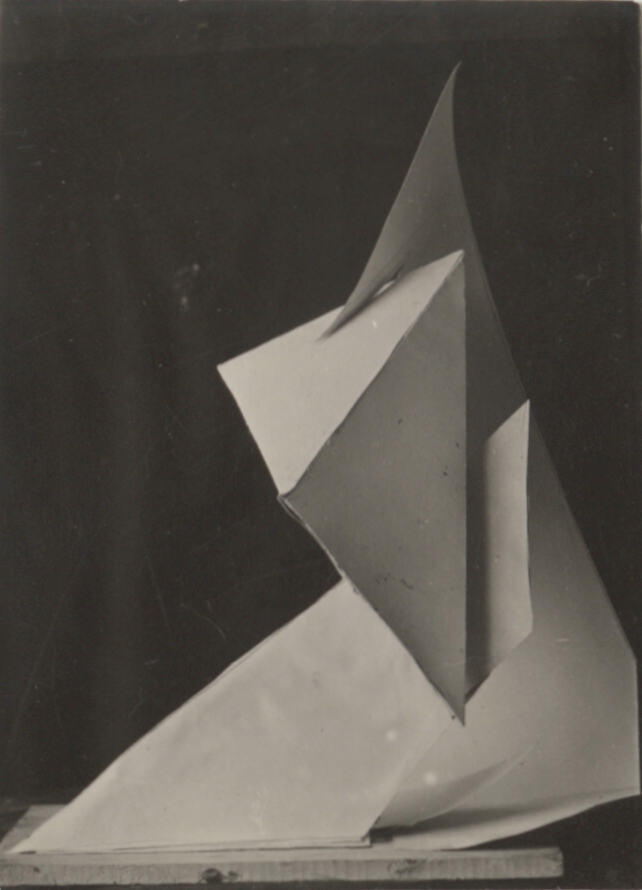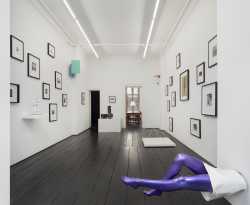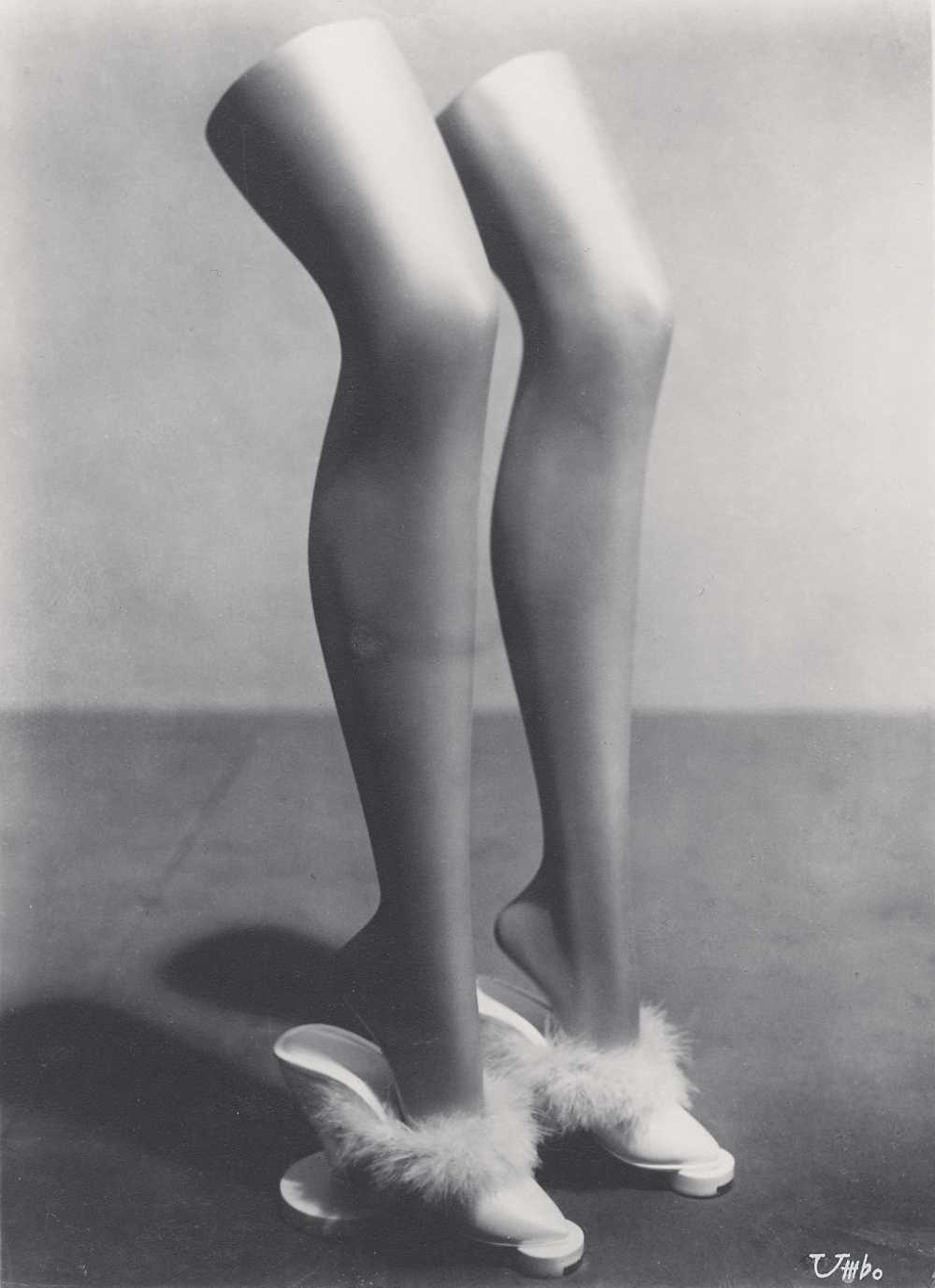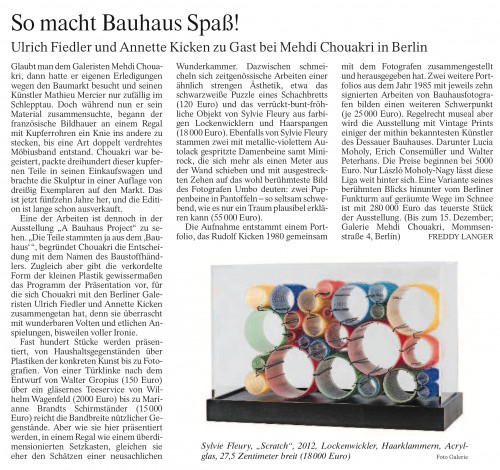Biography
VKhUTEMAS is the acronym for Higher State Artistic and Technical Workshops (Vysshie Khudozhestvenno-Tekhnicheskie Masterskiye), the Russian state art and technical school. Founded in Moscow in 1920, the VKhUTEMAS Workshops (active 1920-1927) were established by decree from Lenin, and were conceived as an institution that would prepare artists, professors, builders and managers to work in both industry and higher education. The curriculum of the school was similar to that of the Bauhaus. First-year students were required to complete the preliminary course, which comprised subjects like art history, color theory, and construction. The different workshops had artistic and industrial staff. The art faculty taught courses in graphics, sculpture and architecture, for example, while the industrial faculty focused on printing, textiles, ceramics, woodworking, and metalworking. In the early 1920s many instructors of the school turned away from abstract painting, in order to focus on spatial constructions and photography. Three major movements in Russian avant-garde art and architecture were tied to the VKhUTEMAS Workshops: Constructivism, Rationalism, and Suprematism. In 1928 VKhUTEMAS Workshops were reorganized and renamed to VKhUTEIN (Higher Art and Technical Institute), and in 1930 it was dissolved.




